As I sit here at my campus Starbucks prepared to write about the entire second half of my trip, I realize that there is too much information and stories to tell for just one blog post. The last six days of my trip were amazing and inspiring. What I saw truly changed my life. Thus, because of the importance of all these events, I’m going to divide writing about my second half of the trip into three parts – a “trilogy” as I like to call it. It’s going to be like the Lord of the Rings or Batman trilogy (or any other big fat trilogy movie series) but, well, Eastern European – Jewish style!
In the morning the ride from Krakow to Auschwitz was about an hour long. Our first stop before going to see the concentration camp was a visit to the Jewish Museum in Oświęcim (pronounced in English like: Auschviechim) the town where Auschwitz was located. Small note: when the Germans invaded Oświęcim they renamed the town Auschwitz because that sounded more German. They did this to nearly all of the cities they conquered in Poland. Our group had the chance to walk through this small museum which detailed the years of Jewish life in Oświęcim. The small town used to be the home to 8,200 Jews, which made up 60% of the population.
When we left Oświęcim and drove to the Auschwitz concentration camp (only a 15 minute drive away), I was shocked by how full the parking lot was. It was the middle of the day on a Friday and the place was packed. When we walked through the gates with our tour guide, I was taken aback by the sheer number of people standing at the entrance gates. I learned that thousands of people visit Auschwitz each day. I was standing amongst hundreds waiting to enter through the black gates. As I looked at the black gates, I recognized it as the one that we’ve all seen in the pictures, the black gates that read Arbeit Macht Frei – Work Brings Freedom. Right, I thought to myself, that was just one of the first lies people were told as they entered this awful place. Work brings freedom? Tell that to the 1.4 million people who were murdered her. Tell that to the 1.3 million Jews. I immediately felt small as I entered this place. I felt angry, sad, and just plain discomforted.
I saw the pictures of thousands of dead bodies. There were pictures of this everywhere you looked. Murder after murder, the numbers just started to feel insurmountable. It was incomprehensible. It was impossible yet overtly necessary to believe that this happened.
I saw a 3-D diagram of how the gas chambers worked. The gas chambers killed 2,400 people a day. The camp was used for five years. Just do the math.
That’s not even all though. The most painful thing for me about Auschwitz was learning about how successful the perpetrators were at doing what they wanted. The Nazis were so methodical. They were so precise. They managed to round people out and give them numbers. The people in the camps didn’t even have names.
I have studied the Holocaust for so long and I always wondered what would happen when I saw Auschwitz with my own eyes. I wondered how I would feel when the time came. Would I cry? Would I give up my faith? Would I reach some realization that everything I was doing in Eastern Europe was just a waste? Was learning about Jewish life pointless? How could I visit a place where something like this could happen?
When we left Auschwitz, our tour guide came with us to our next destination, Birkenau. Birkenau was opened in October 1941 and it was built to be both a labor and extermination camp. The biggest thing to know: Birkenau is twenty times the size of Auschwitz. It is enormous.
As I sat by the Jewish memorial at Birkenau, looking out at the train tracks that were used to ship people into this place, I breathed a solemn breath. I thanked God that the war was over. I thanked God that as a Jew, I could stand here to see this place. As a human being, I could stand here and realize how terrible the Nazi Party and SS soldiers were; how terrible genocide is. What I’ve learned is that war brings out the worst in people and it also brings out the best. I was standing here looking at what was made by the worst of people. I was lucky that later that evening and over the next few days, I would see things that were made by the best.
When we got back to Krakow, our group had the chance to clean ourselves up and get ready for Shabbat. We were going to walk over to the Krakow JCC (Jewish Community Center) and celebrate Shabbat there with a short service and dinner with locals. I showered and threw on a blue dress – it felt so good to change and in a way, put the day away. I needed to get the soil of Auschwitz off of my body. I needed to wash away the pain. But sadly, after the shower, much of it was still there.
What brought me out of my slump was singing at Shabbat services that evening. I love Jewish religous services – so much that I even lead Reform Community Services at school. It was incredibly therapeutic to sing the songs with my group that mean so much to me and so much to my religion. We had some Polish guests come to Shabbat services with us, including an older woman who looked like she was my grandmother’s age. She by far sang the loudest of us and since I sat next to her, I glanced over at her and noticed the sincerity and passion in her eyes as she sang each tune. I would later learn that this woman, Zosca, was a Holocaust survivor herself, and she stayed in Krakow after the war. She was quite an amazing woman who clearly had a love for Shabbat as large as my own.
After services, our group had a lovely dinner at the JCC Krakow. At the dinner, I had the chance to sit with and get to know several young Jewish community members in Krakow. Each of them had such interesting stories. Most of these young people there were in their mid twenties found out only a few years ago that they were Jewish. I’ll talk more about this later, but it was amazing to meet young people who not so long ago found out that they had Jewish ancestry and embraced their heritage. These young people were so happy to be Jewish. They were so proud of it and committed to building their Polish Jewish community. It was very inspiring. I loved talking to them and hearing their stories.
After my evening at the JCC, I went back to my hotel feeling a larger sense of relief than I had going into the evening. Celebrating Shabbat right after visiting Auschwitz was the perfect way to end the day. It put me in perspective. It showed me something important – something EXTREMELY important. That is the fact that the Nazis weren’t successful. They didn’t win. They might have killed so many of us. They might have tried to wipe out the Jews. But they failed. The Jews are still here and they are alive. They are living right in the places where they were once herded out. They still have their humanity. They are alive and still say the prayers on Friday nights. That day I was proud to be among my peers. I was proud to be Jewish and I was proud to be in Krakow. I felt so blessed and I didn’t feel like it was pointless. For the first time in a long time I felt – there is no place I’d rather be than here.
In addition, for all those who were lost in the tragedy, I want their lives and their memories to live in us. Any Jew and human being today in my mind is a witness. We are still here. We have the power to keep these stories and these historical truths like the Holocaust alive. As living people we must carry the memories and the lives of the dead with us. We must make sure they are remembered. Just like my favorite scene in the Lion King when Rafiki shows Simba his father’s reflection in the seeing pool. As Simba looks into the water and sees his father, Rafiki says, “You see, he lives in you.”
So that’s it for the first part of my second-half-of-Poland-trip-trilogy. I hope you enjoyed it. In my next post, I’m going to discuss my experiences in the amazing city of Krakow, learning about its Jewish community both past and present, and exploring Shtetlach of all sorts. I also have two surprises that I’m not going to say here, but they will surely show readers how “Righteous” some people are in the world. Surely, the Second World War wasn’t only filled with perpetrators.
As always, thanks so much for reading and for embracing this message. It means a lot to me, but I think it means a lot to humanity too.
Until next time,
Arielle
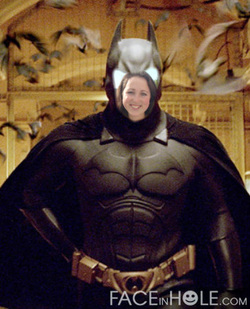
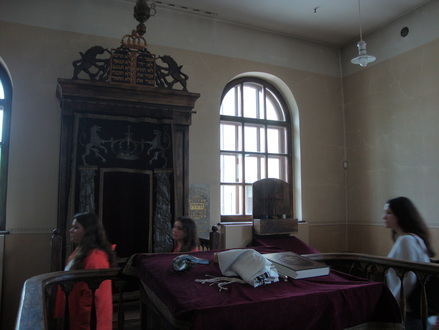
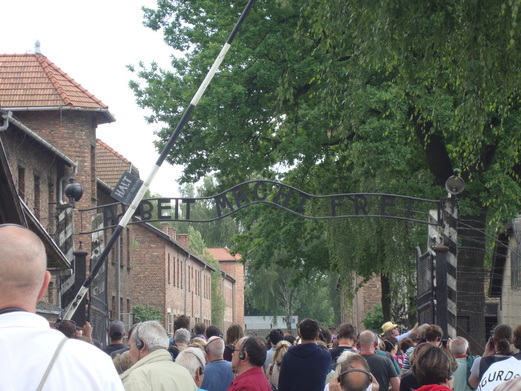
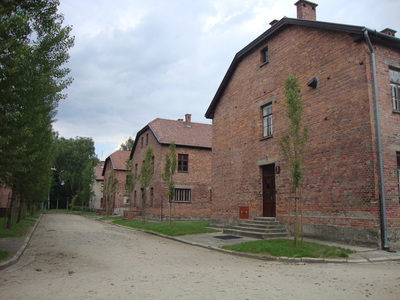
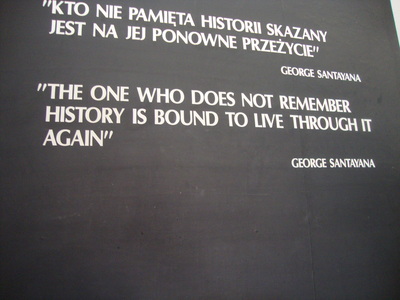
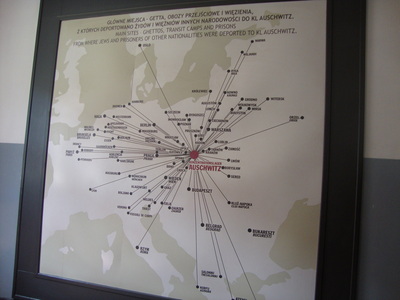
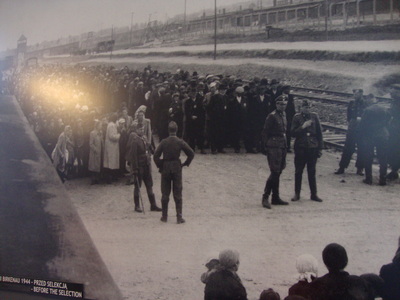
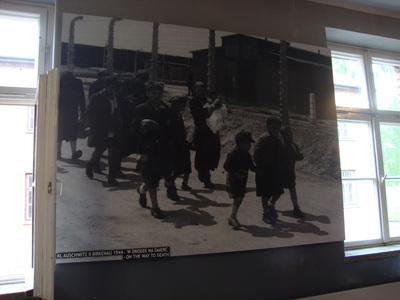
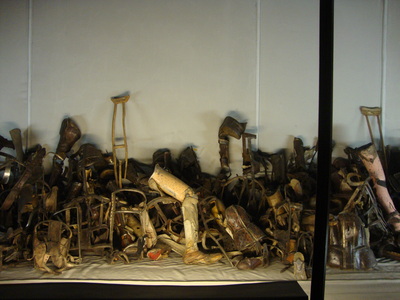
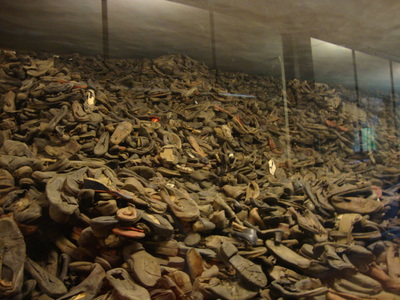
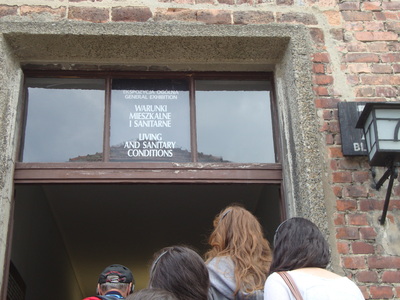
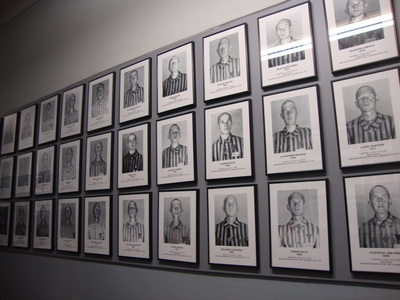

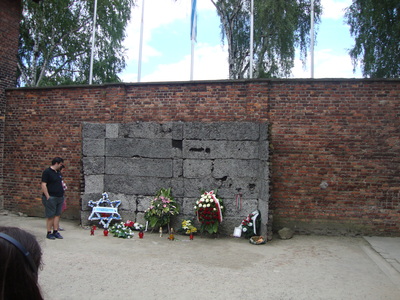
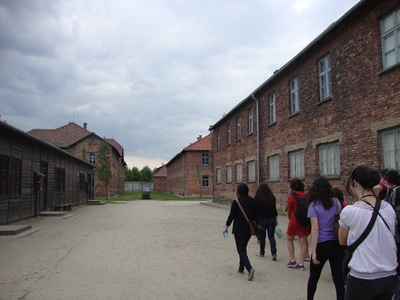
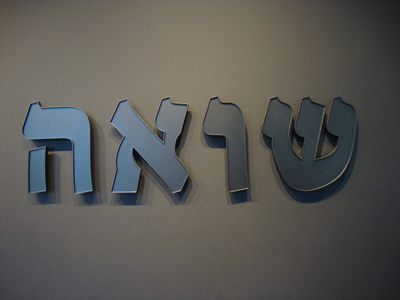
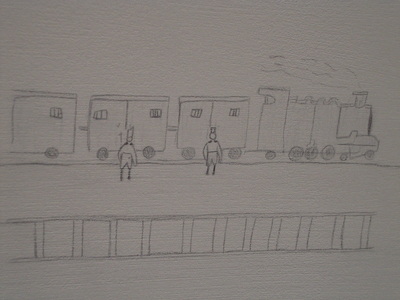
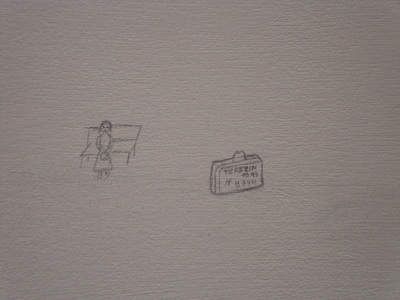
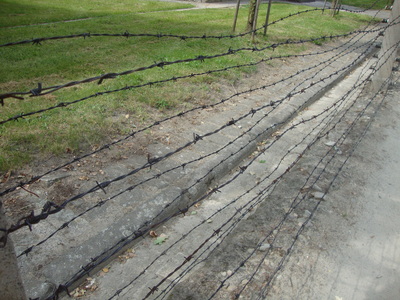
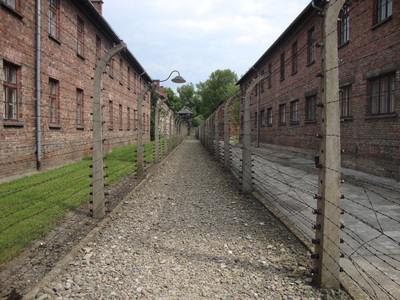
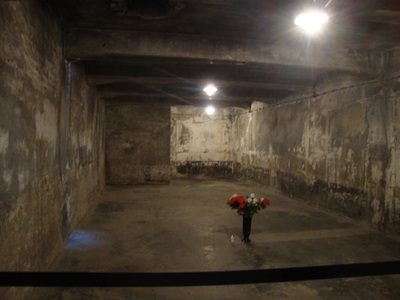
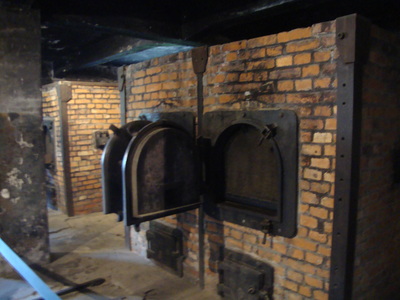
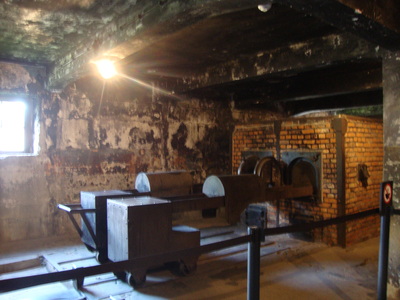
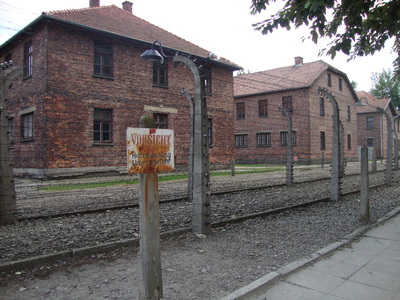
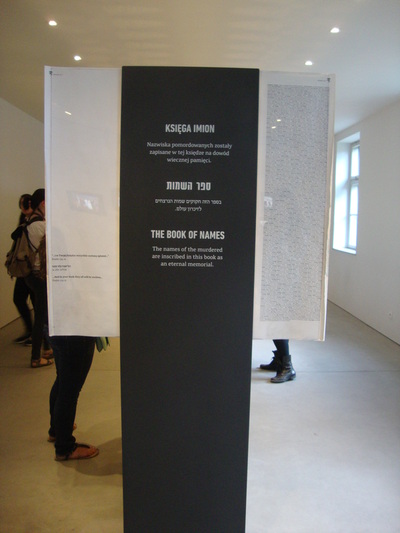
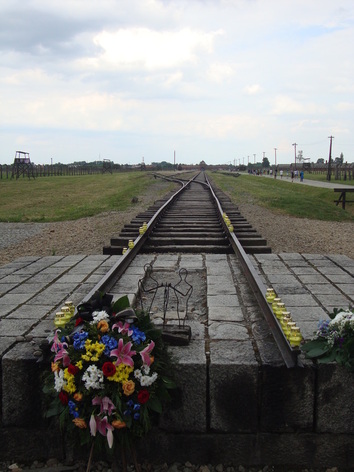
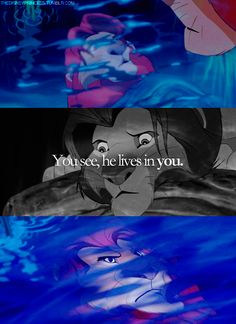
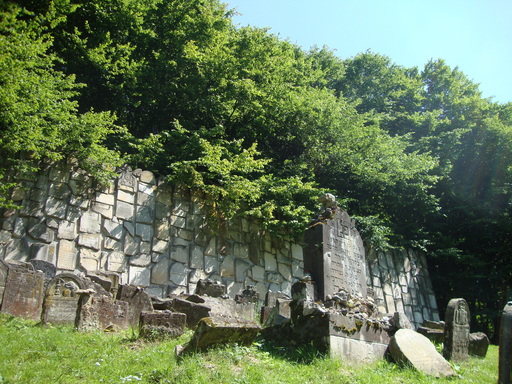
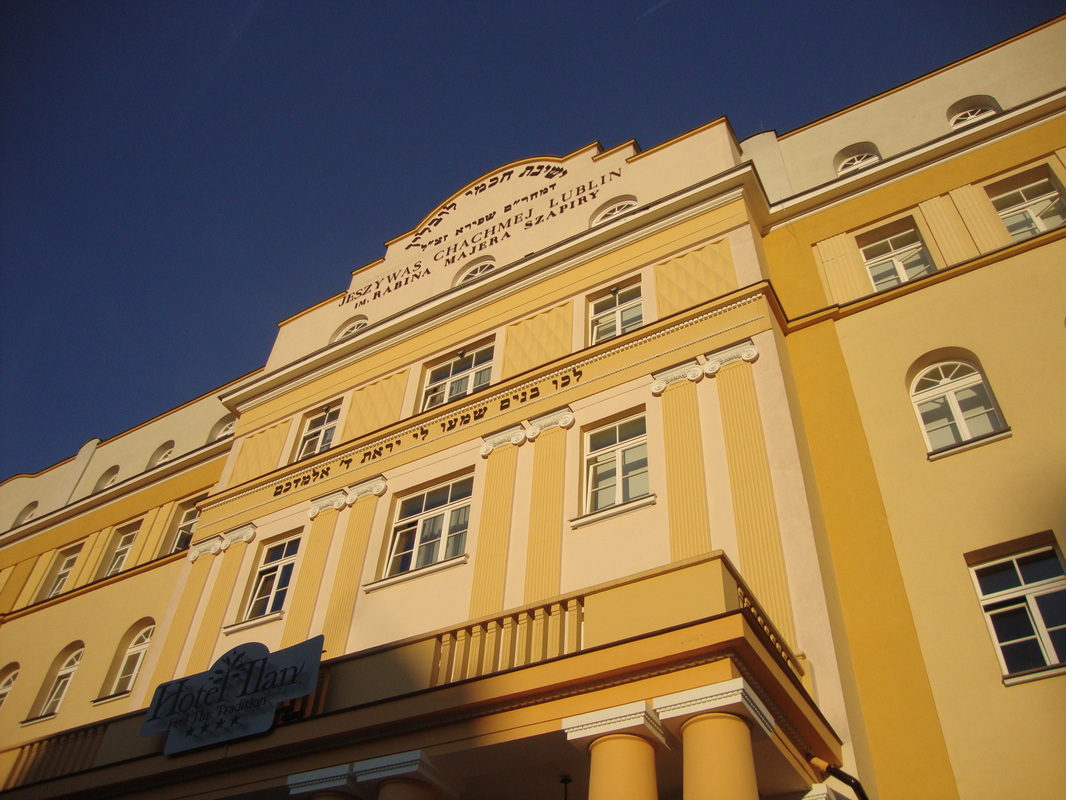
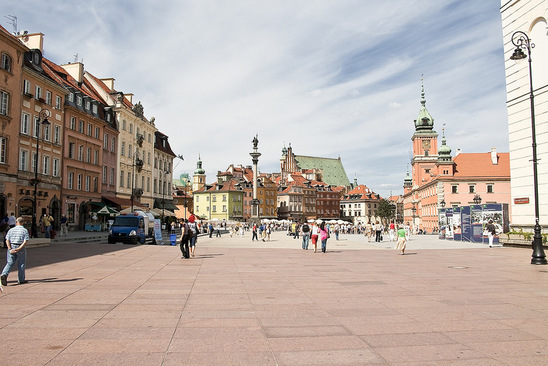
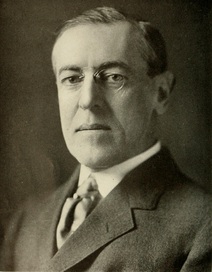
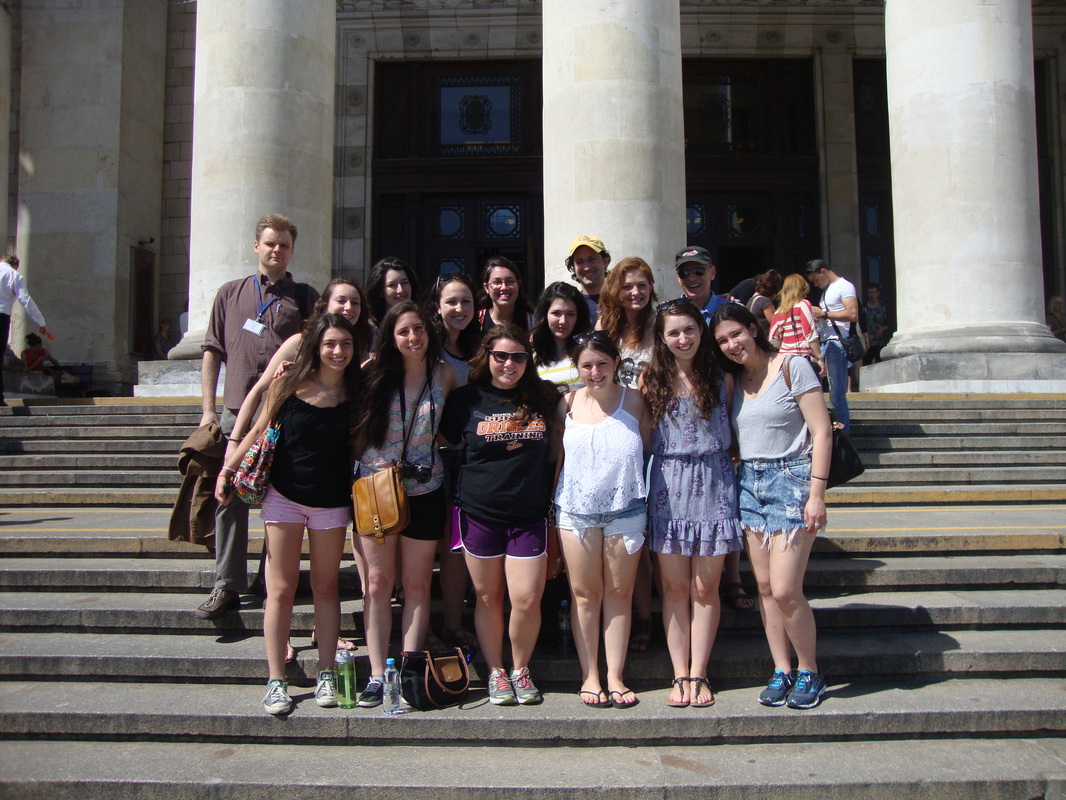
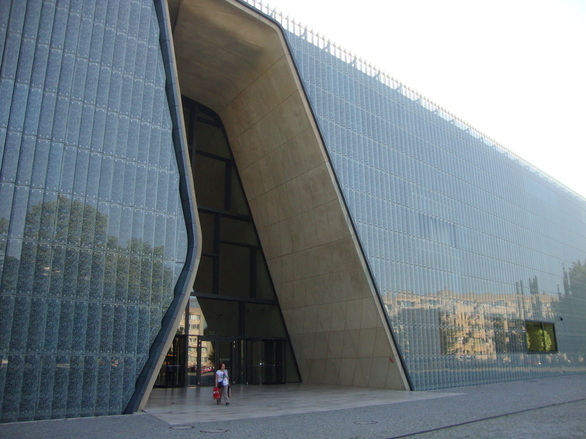
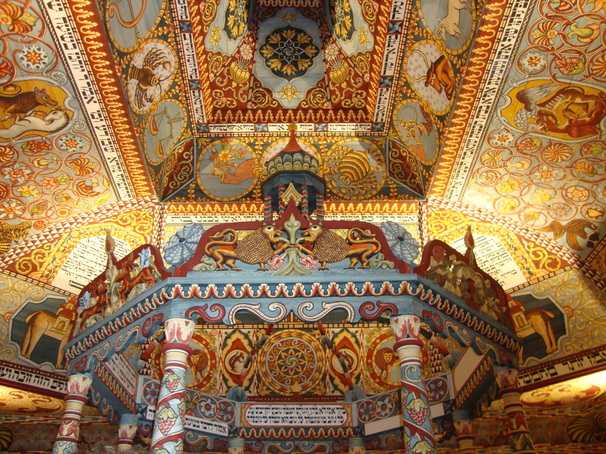
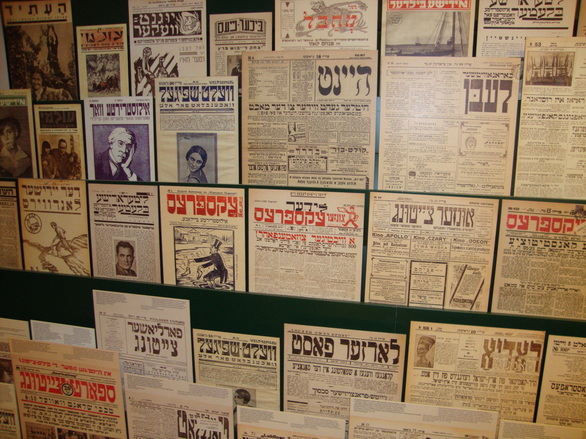
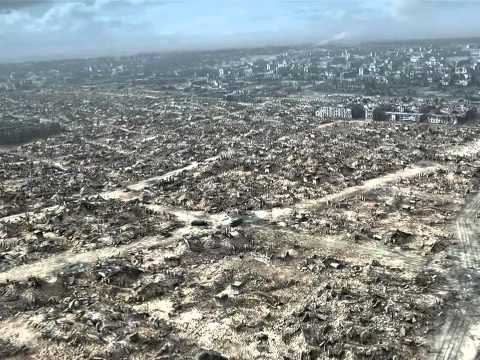
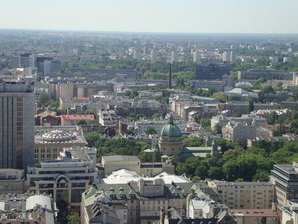
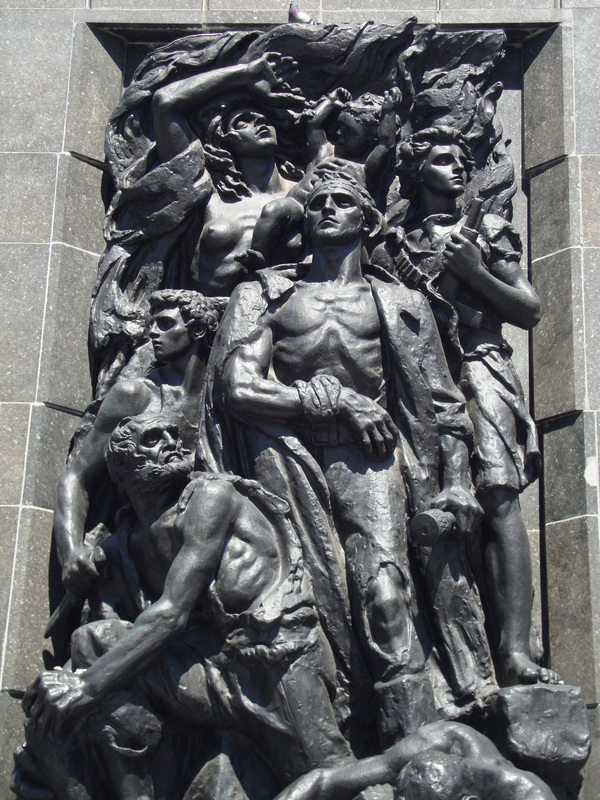
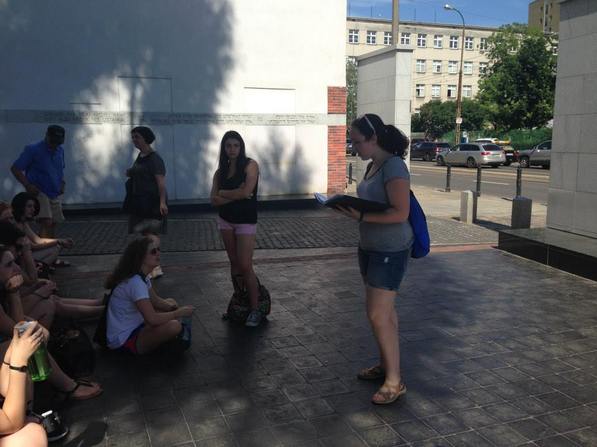
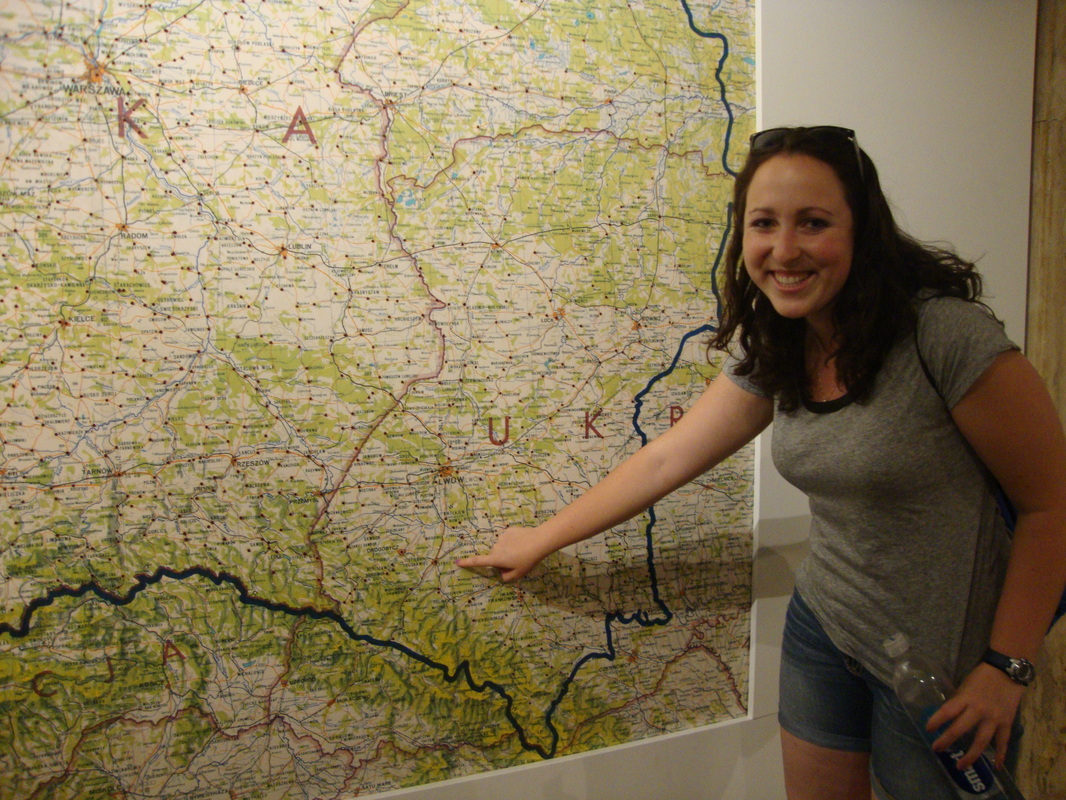
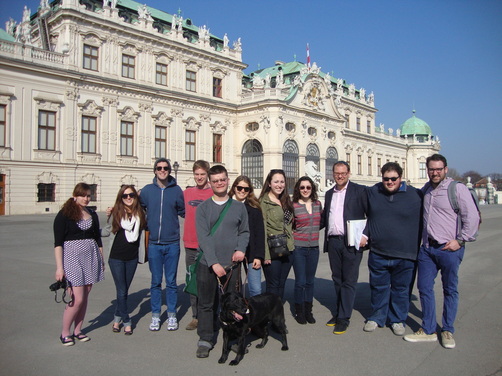
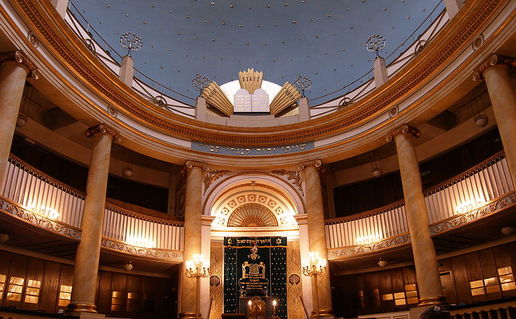
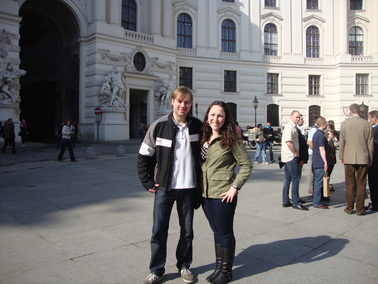
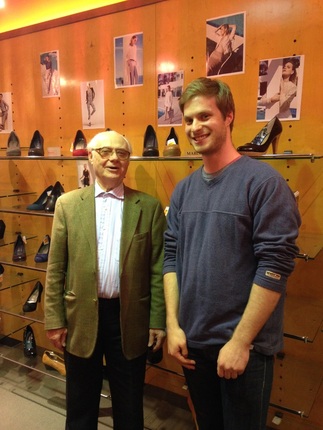
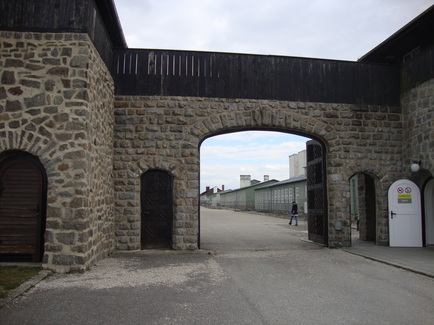
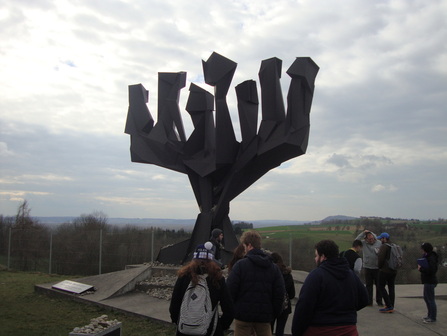
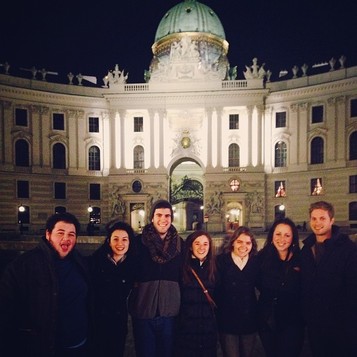
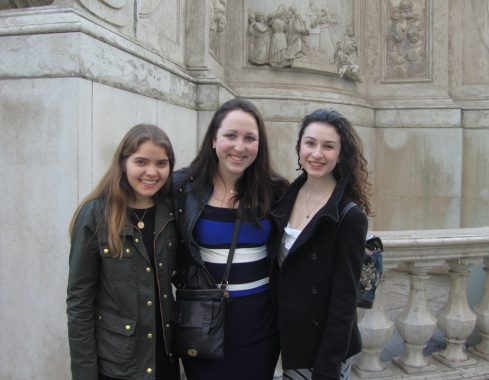
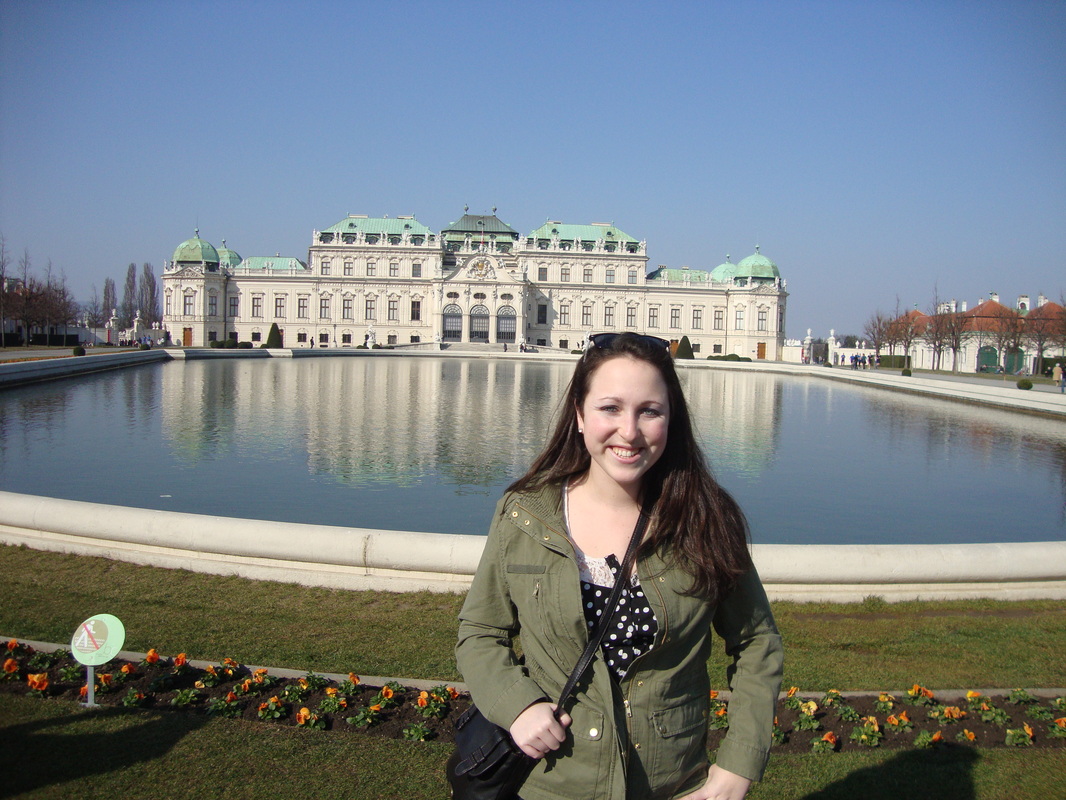
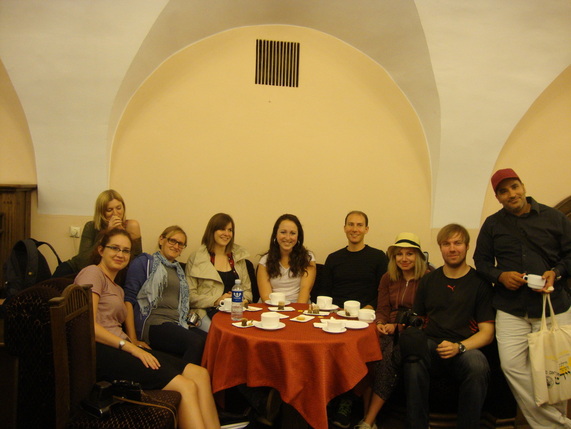
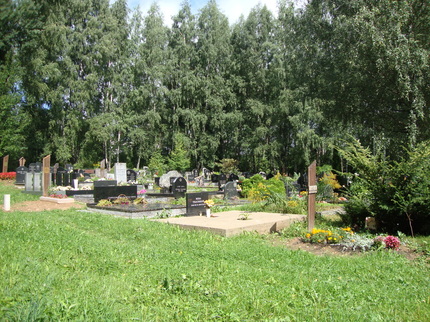
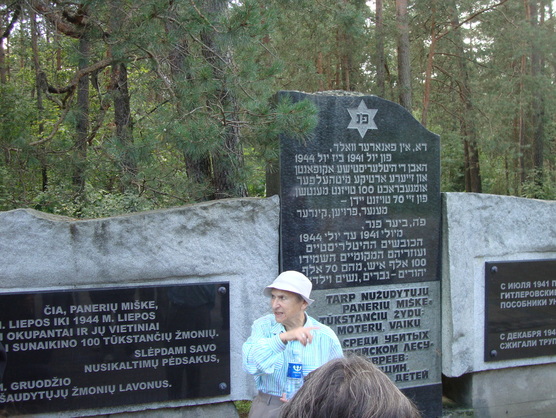
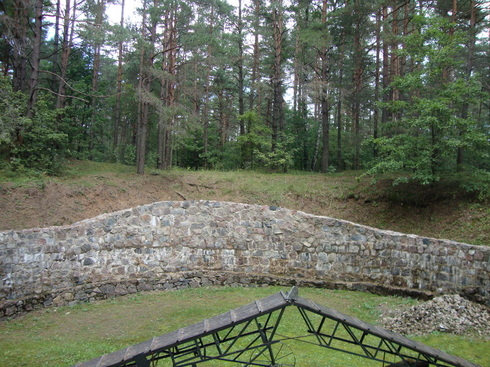
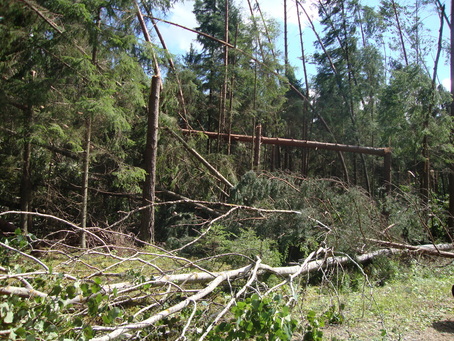
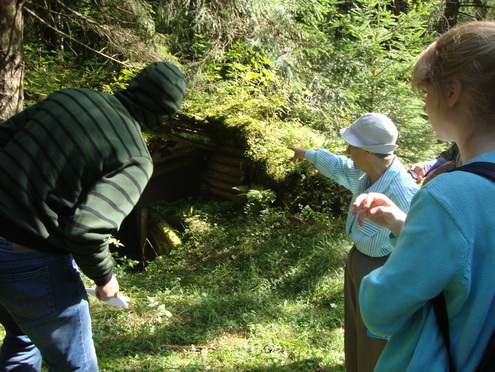
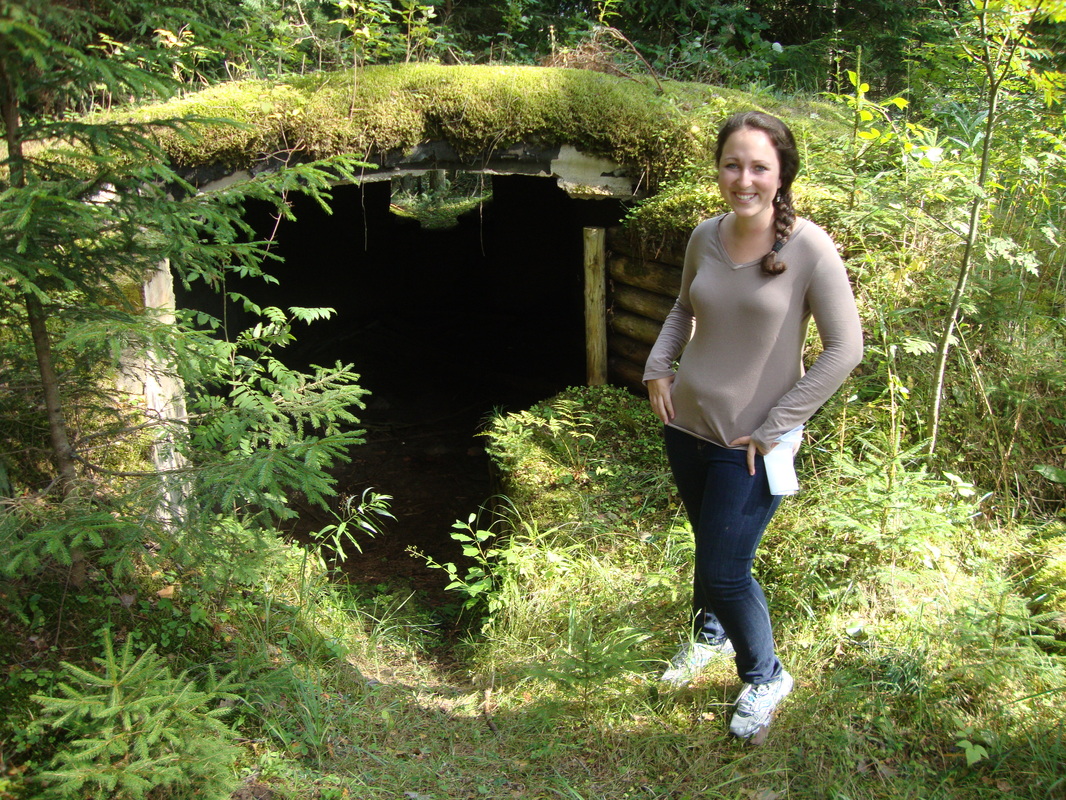
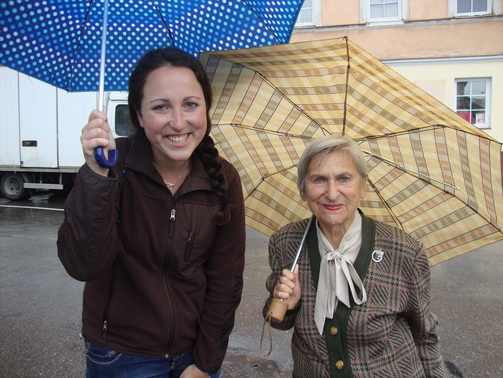
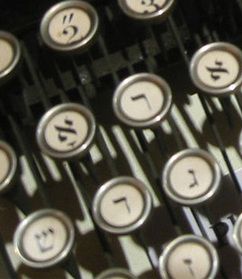
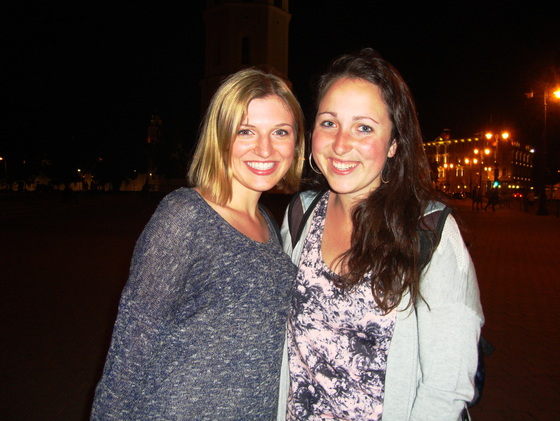
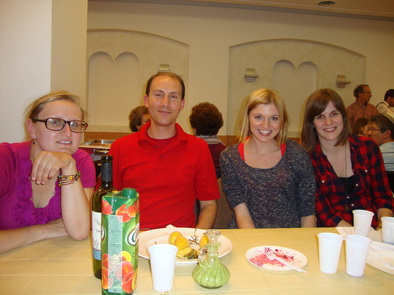
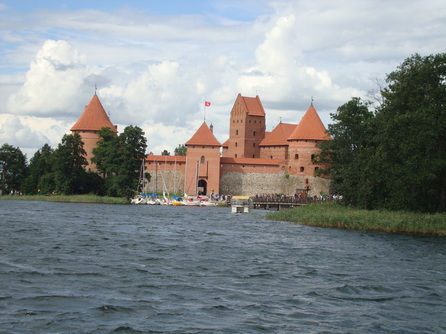
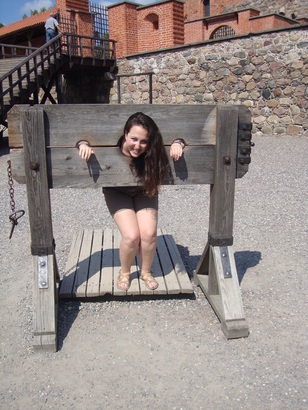
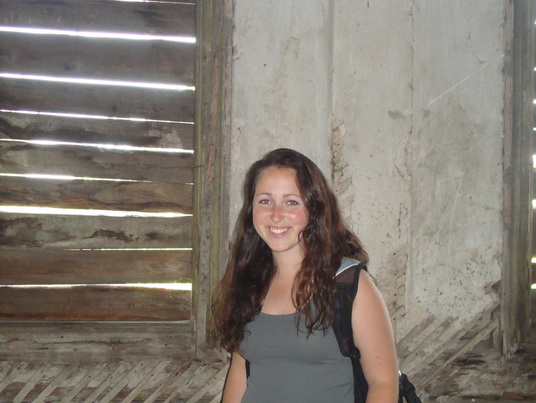
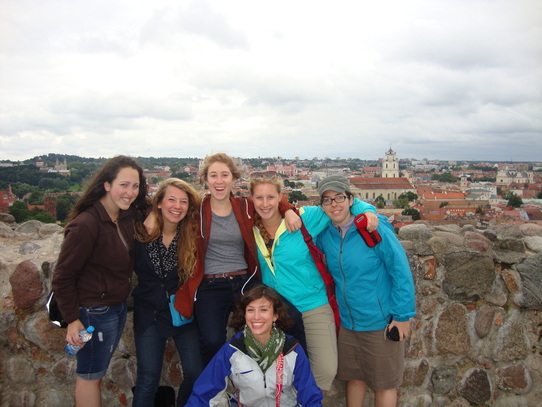
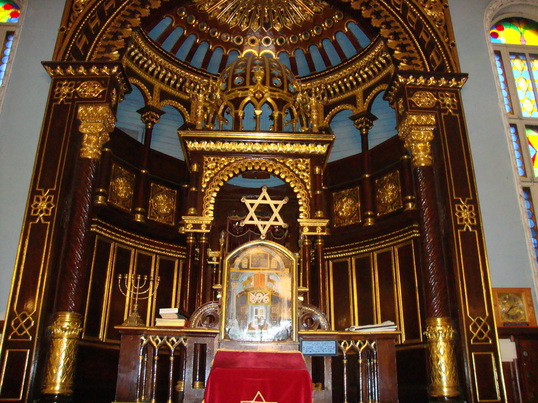
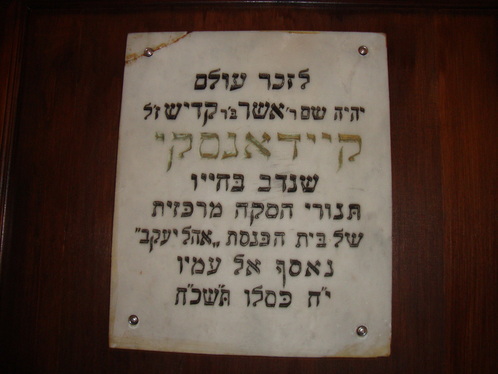
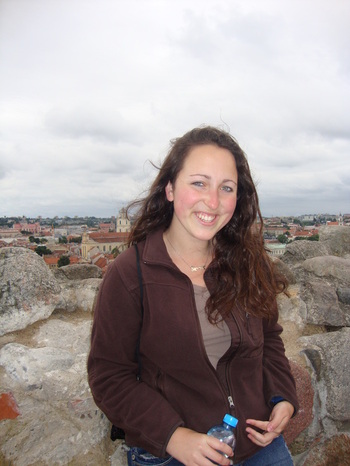
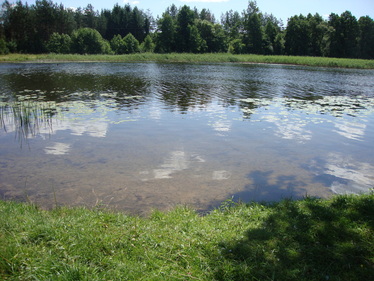
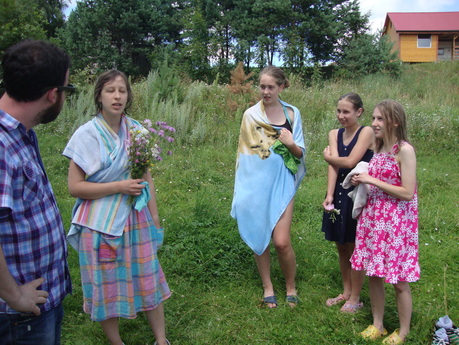
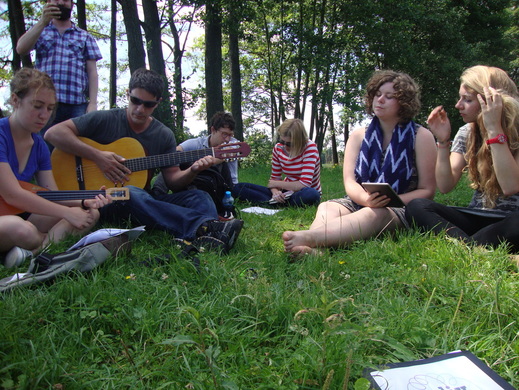
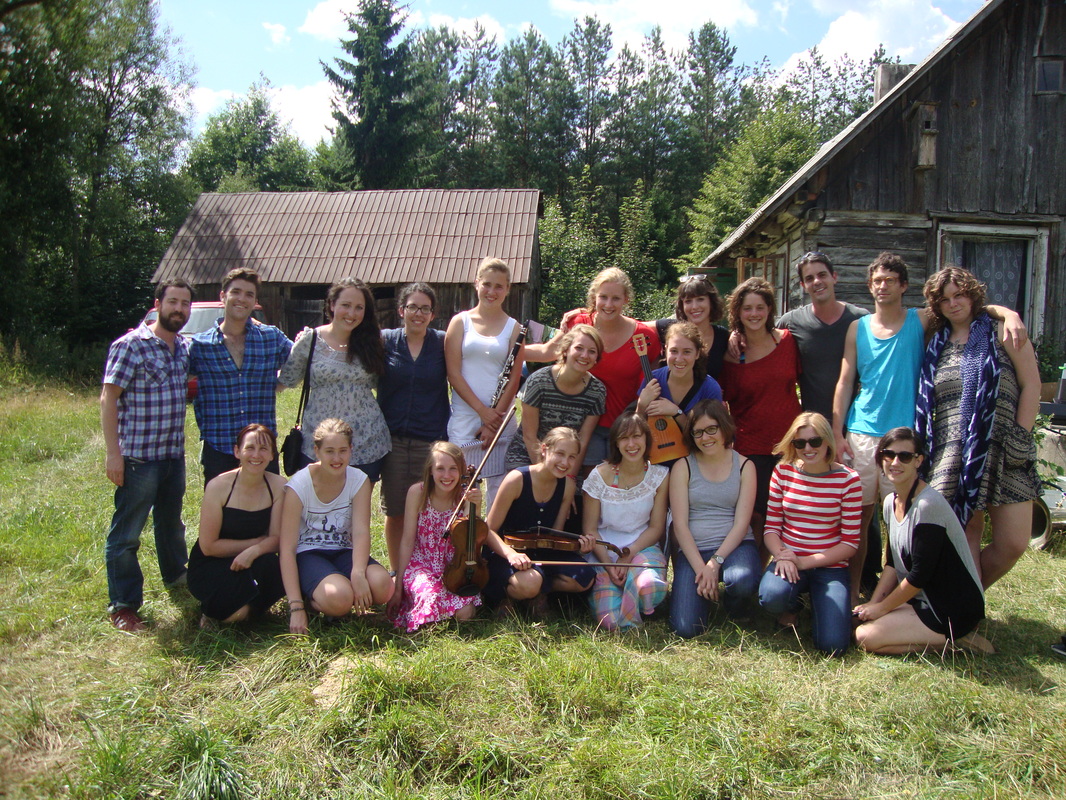
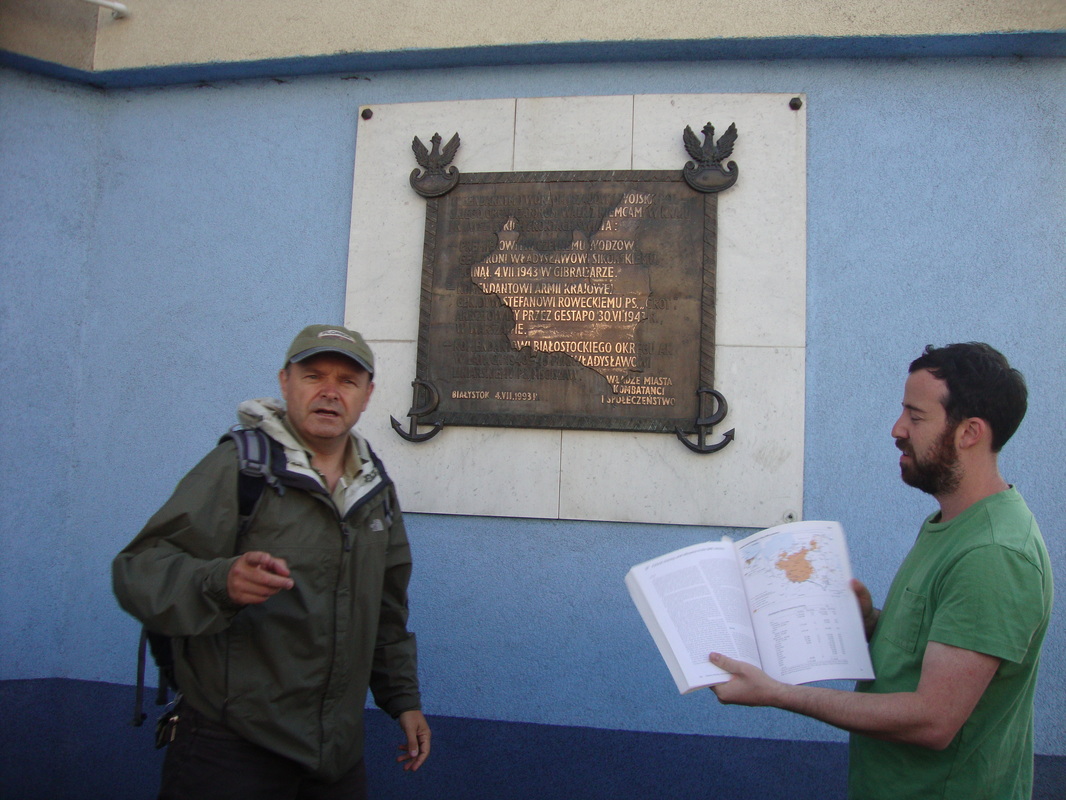
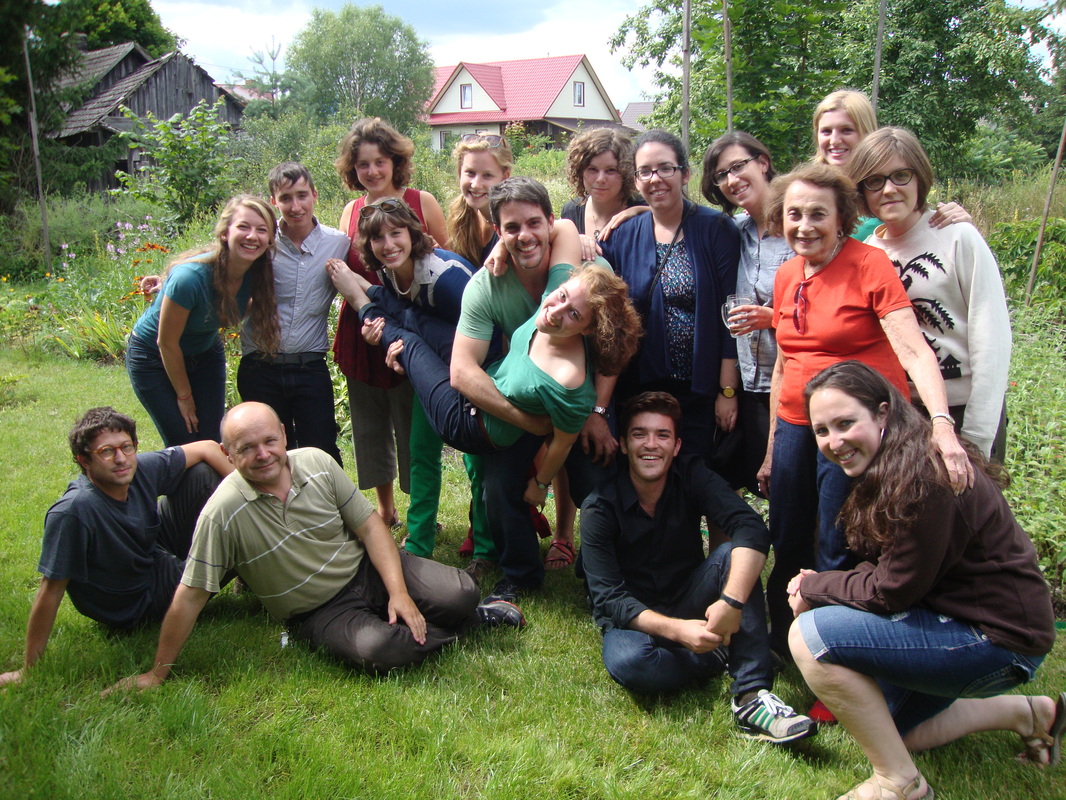
 RSS Feed
RSS Feed
